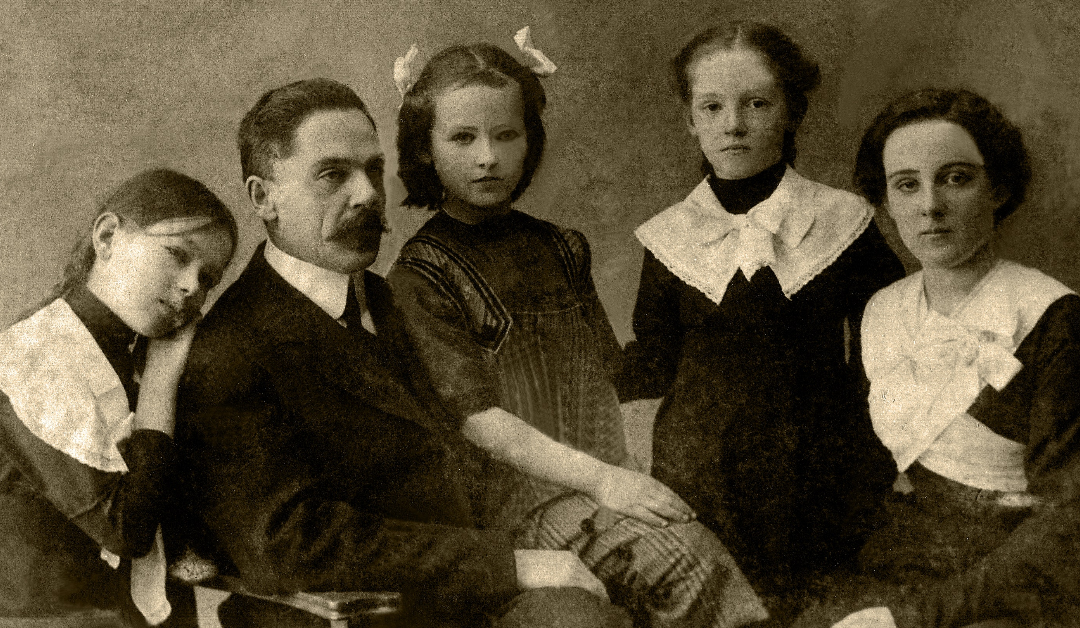For better or worse, family relationships shape our well-being and mental health for our whole lives. Interestingly, as life expectancy has lengthened, so too has the relationship between parents and their children evolved and changed over time. With more parents and grandparents living longer and possessing the ability to be a part of their children’s lives as they themselves transition into adulthood, the dynamic of parenting adult children and being an adult child has taken on new meanings.
Adults can expect to share on average almost five decades with at least one surviving parent while potentially becoming a parent themselves. The quality and function of parent-child relationships beyond childhood and adolescence is not so easily grasped though.
Beyond the average lifespan increasing and parents being allowed more time to “parent” their children as they grow older, shifts in culture and society greatly influence parenting styles. Millennials are having fewer kids, a much greater percentage of parents are unmarried but cohabiting, and more kids are being raised by single parents than ever.
Other societal shifts like women being a greater part of the workforce, the amount of families with two parents working increasing, and even the rapid increase in technology use in the home are altering the classic definition of what “parenting” is. And that’s really a good thing.
With new methods of parenting evolving, unique contexts in which parents are positioned to raise their children, and generational and cultural influences blurring, more inclusive and open-minded practical styles of parenting make way for mental health and mindfulness to be included now more than ever.
Bringing mindfulness into parenting is fantastic. Mindful parenting is described as “paying attention to your child and your parenting in a particular way: intentionally, here and now, and non-judgmentally.” A recent study found that professionally guided parenting programs and support interventions boosted child behavior and psychosocial development. Such controlled environments and access to programs and specific mental health services are not always available to all families and parents though.
Risk factors like family disruptions, parenting distress, and lack of social support are all factors involving the parent-child relationship, and research shows that these heavily influence the severity of behavior problems in children. With child mental health so intricately linked to their parents not only biologically but also emotionally and socially through the family environment, it’s no wonder that strains on the relationship between adult children and their parents are much more common.
Estrangement is not a rare occurrence in today’s American society. Kids, who are more often the initiators in estranged parent-child relationships, frequently cite their parent’s detrimental effects on their mental health (both as a child and as an adult child) as a big factor in their decision to cut ties. This is all the more reason to consider mindful parenting, not only to protect kids and set them up for strong mental health, but also to minimize the chance for difficult moments like these. Ultimately, though, parents must know that they cannot control their adult children’s decisions. The principles of mindfulness in parenting do not stop when parents’ kids become adults, just like parenting itself doesn’t stop.
There really is no magic formula for being the best, perfect parent. Truthfully, the whole notion of “parenting” is so full of nuance and specific context that it is even difficult to talk about it so generally here. That’s why we keep our framework of parenting – at its core – as an adult caretaker’s agency and ability to provide food, shelter, health, and means of education to their child. All the other methods or types of “parenting” may be good to know about, but the basic form is to make mindful decisions in order to provide the conditions to sustain life.
Letting go of expectations is key to incorporating mindfulness into the parent-child relationship. Not only will this help lessen the burdens on the child’s mental health, but parent’s can also deal with less stress and anxiety around their kids. Remember, stress is contagious (especially from parent to child) and anxiety transforms into acceptance with mindful behavioral practices. Just keep in mind, context is everything, and there is no one right way. Your best is good enough.
Cultivating healthy parent-child relationships when both parties are adults is complicated. Though it is never too late to invest in the relationship, it all starts when the child is still a child. If you’d like to learn more about mindful parenting in practice, check out Dr. Dixon’s first Context Class video on Child Development and Behavior Modification. (This video is free!) You can even let us know what topics you’d like to learn about in future Context Classes.
Managing kids’ behaviors is a process, and every bit of training and insight will help if you apply it safely with mindfulness. Learn more at www.SimplyPsych.com/context-class/ today!


Recent Comments